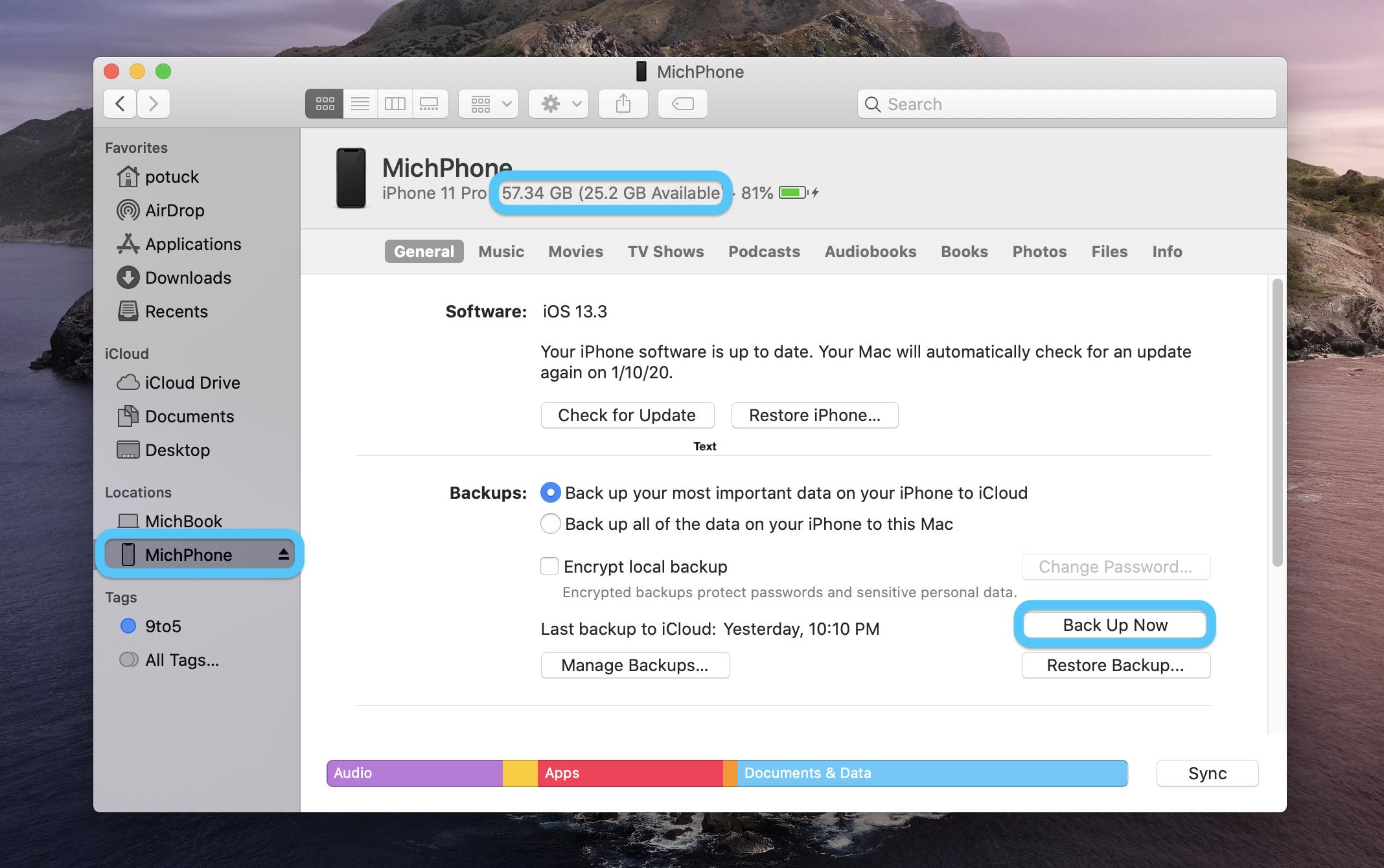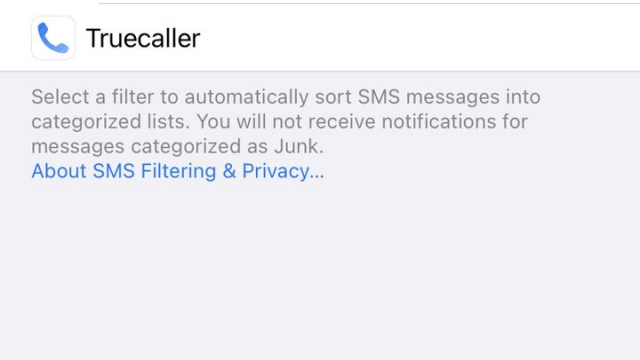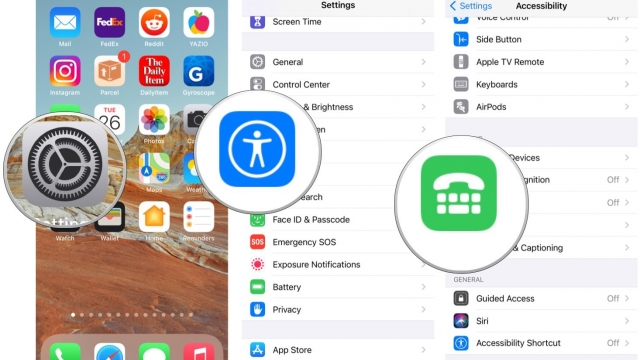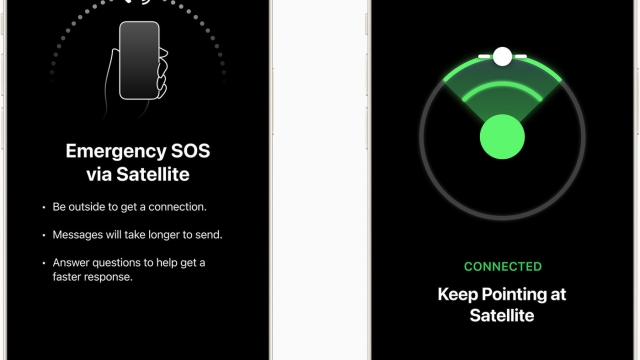
Whether you’re buying a new smartphone or looking for the perfect gift for a friend, there are a few factors you should consider before purchasing a new phone. These include the size, battery life, and storage options.
Displays
Currently, Apple’s iPhone lineup only supports ProMotion displays on its Pro models. However, Apple is reportedly considering adding Always-On displays to its iPhone lineup. Always-On displays enable users to see widgets of information at all times, such as calendar events and weather, without powering up the device. This technology has been available on Android devices for years.
iPhone Pro models are expected to have a 6.1-inch LTPO OLED panel manufactured by Samsung. These displays feature a pixel density of 2778 by 1284 pixels per inch, a peak HDR brightness of 1600 nits, and a maximum outdoor brightness of 2000 nits.
The Pro variants of the iPhone 14 series will also come with 120Hz displays. These screens feature an adaptive refresh rate that adjusts to screen activity. They also offer smooth scrolling and power-efficient technologies.
Storage options
Choosing the right storage for your new iPhone can be a challenge. But it doesn’t have to be. A lot depends on how you plan to use your phone and how much cloud storage you want. If you plan to store your media files on the phone, you may want to consider a 512GB model. If you like to play video games, you may want to consider a 256GB model.
The iPhone 14 has two cameras – one in the front, and another in the back. The camera on the back uses a dual camera system with a telephoto lens and a wide-angle lens. The front camera is also a TrueDepth camera with autofocus and crash detection.
The 256GB iPhone 14 is the middle-of-the-road storage option. It’s great for downloading, shooting videos, and streaming. This option also works with iCloud. It’s also the best one to consider if you’re going to use the device for the long haul.
Battery life
Compared to its predecessors, the iPhone 14 offers a battery life that is quite impressive. Apple estimates that the iPhone 14 has an average of 12 hours of battery life under heavy usage.
The iPhone 14 Pro also has an impressive battery life. It lasts for up to two hours longer than the iPhone 13. It also offers a more impressive battery life than the Samsung Galaxy S22 Plus. In fact, the iPhone 14 Plus lasted an entire workday while the Galaxy S22 Plus ran out of juice after just thirteen and a half hours.
The iPhone 14 Pro has a battery capacity of 3200 mAh. It is also able to charge with a 15W MagSafe charger or a 7.5W Qi charger. It also has an always-on display. This feature, which Apple calls the best smartphone feature, can be helpful in saving battery life.
Satellite SOS connectivity
Currently, Emergency SOS via Satellite works only in the United States and Canada, but Apple will expand it internationally next year. It uses technology built into the iPhone 14 and iPhone 14 Pro models.
Emergency SOS via satellite allows iPhone owners to contact emergency services even in areas without cellular coverage. The feature connects to Globalstar satellites in orbit around the earth. It can also work in areas with limited Wi-Fi coverage. In addition to text messages, the feature allows users to call emergency services.
Apple offers a demo mode for users to test the feature before an actual emergency. During the demo, users will be asked a series of questions to help emergency responders determine the nature of the emergency. They will also be asked to provide important information, such as medical and contact information.
Weight
Besides the usual suspects, Apple rolled out two new iPhone models. The iPhone 8 Plus and the iPhone 8 are not for the faint of heart, but they are certainly more accessible in terms of pocket size. The new iPhones are also notable for being the first of their kind to use Apple’s newest custom silicon chip technology. The company’s mobile computing power has been increased by a factor of three, making it the fastest smartphone in its class. The company has also announced a new wireless charging system, which is more robust than ever.
The iPhone 8 is a big improvement over its predecessor, making it the first iPhone to boast a rear-facing camera. In addition, the new handset boasts a faster processor, a better display, and a more robust battery.




